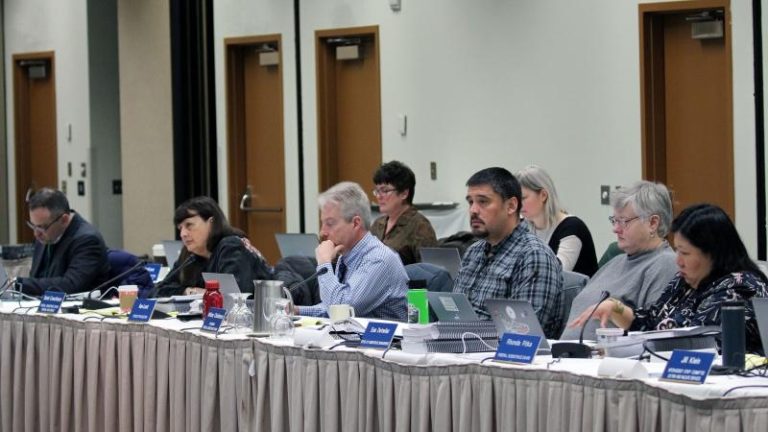
Protesters in Albuquerque expressed solidarity with people gathered to oppose the Dakota Access Pipeline (Photo: Antonia Gonzales)
Many of the people gathered outside the Standing Rock Sioux Reservation resisting the Dakota Access Pipeline expressed to the Bismark Tribune their willingness to keep up the fight. That comes after the ruling Friday by U.S. District Court Judge James E. Boasberg’s decision denying the tribe’s request for an injunction halting construction on procedural grounds. The resistance to the pipeline then got a significant boost, however, from the Obama administration.
The departments of Interior, Justice and the U.S. Army (Corps of Engineers) issued a joint statement saying the Army Corps will not authorize any pipeline construction on their land near Lake Oahe in North Dakota. The statement says “important issues raised by the Standing Rock Sioux Tribe and other tribal nations and their members regarding the Dakota Access pipeline specifically, and pipeline-related decision-making generally, remain.” The statement does deal with construction planned elsewhere, but department officials asked Dakota Access, LLP to voluntarily halt construction 20 miles on either side of Lake Oahe. The departmental release goes on to outline a revised process for tribes to weigh in on similar projects:
“This case has highlighted the need for a serious discussion on whether there should be nationwide reform with respect to considering tribes’ views on these types of infrastructure projects. Therefore, this fall, we will invite tribes to formal, government-to-government consultations…”
The National Congress of American Indians is among the organizations and individuals praising the administration’s actions.
“What I’ve seen in my two visits to Standing Rock is the transformative power Indian Country has when we stand together and speak with one voice to protect our waters, our lands, and our sacred places for future generations. No decision from any court can take away the power of our prayers, our songs, and the collective voice of our peoples. NCAI and all of Indian Country will continue to Stand with Standing Rock,” said NCAI President Brain Cladoosby in a written statement.
The administration’s promise to work more with tribes is also mentioned as impetus for at least one member of Congress to travel to the Standing Rock site. Raúl M. Grijalva (D-Ariz.), a member of the House Natural Resources Committee, released a statement that he will pay a visit to North Dakota in solidarity with the tribe and intends to meet with Standing Rock Sioux Chairman Dave Archambault.
“Despite the federal government’s legal trust responsibility to ensure federally permitted projects do not threaten historically or culturally significant tribal places, the trust lands of tribal nations, or the waters that run through them, the Standing Rock Sioux were never consulted about the DAPL,” Grijalva said in a written release.


